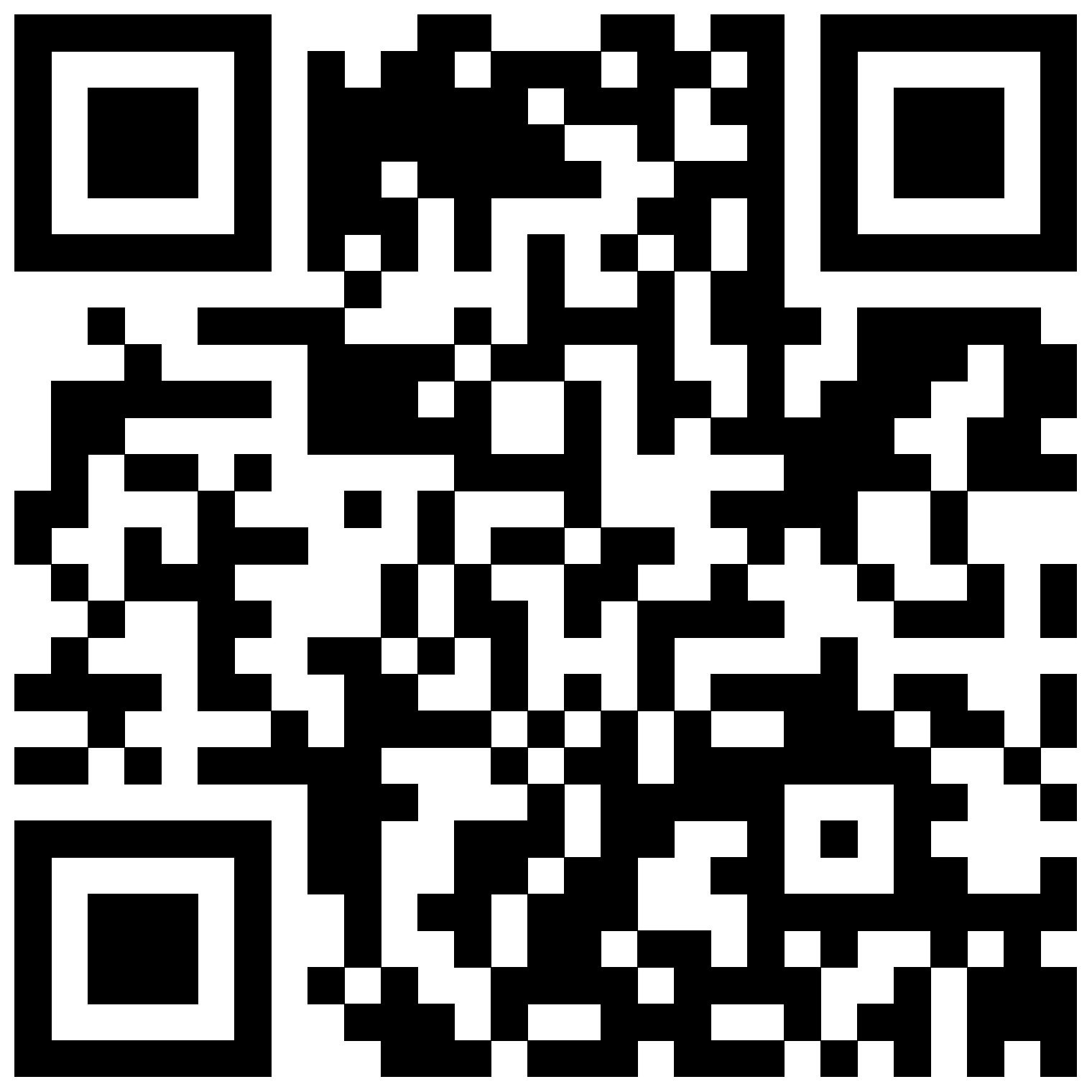My everyday life is usually a rollercoaster ride of emotions that takes me up and down without a break or warning; social interactions and interpersonal relationships are my kryptonite and I am in constant struggle with myself to allow closeness and love while another part of me fights against it. All that takes so much space and energy that important daily tasks are no longer feasible for me.
Last year I lost my job and decided to go to a daycare clinic to learn to deal with my problems. I got some good strategies and used several apps that should help me to implement them in my daily life (e.g. by writing down situations and related feelings and reflecting on them, or writing a positive diary to direct thoughts more positively).
All in all, I think you could say that Bearable has helped me (and still does) to become more aware of my everyday life, listen more to what my body tells me, accept my feelings and fears, reflect on myself and situations – especially in a social context. It helps me to recognize important connections, become more optimistic, re-experience the feeling of self-efficacy – even more as I have the progress in front of my eyes. Above all, it helped to recognize my needs behind all of this and to strengthen strategies by which I no longer feel so overwhelmed by my feelings that often.
Lives with: Depression
When I was 17, I was diagnosed with schizophrenia and bipolar disorder. Still, 13 years later, I often experience delusions, paranoia, and hallucinations. Sometimes, I get confused with words and thoughts. I also suffer from major mood swings—some manias so high that I can’t sleep for days, and some depressions so low that I feel suicidal.
Lives with: Anxiety & Depression
Today my anxiety story is just that today was a bad day. I have catastrophic thoughts about work and they snowball into catastrophic thoughts about my life. CBT helps but sometimes I just need to distract my brain with my phone. But this triggers anxious thoughts about how other people perceive me and how I should be doing more with my life. Tomorrow will be better but today is a bad anxiety day.
Lives with: Anxiety & Eating Disorder
It took a long time – most of my 20’s – to accept that I had Generalised and Social anxiety. Not just that I had them even, but that they severely impacted my daily life. I’d found all sorts of coping strategies that helped me to pretend I didn’t have any problems – but sometimes they were too hard to ignore. At 27, I was lucky to move to a new city and make friends with people that spoke openly about their mental health. It was SO empowering to go through the process of learning to accept and embrace my anxiety. Now I try to find healthy ways to manage them and speak as openly as possible about my mental health. So that I can try to help other people in the same way that my friends helped me.
Lives with: Fibromyalgia
I wish people knew that it hurts like hell: When you wake up; when you’re awake; when you goto sleep, when you’re asleep..
Lives with: CFS
I wish more people knew that fatigue is not the only and often not the worst symptom. It is a severe multi system disease with neurological, immunological, and endocrine symptoms (amongst others) that get worse with any exertion (physical, mental, cognitive)
Lives with: Anxiety & Insomnia
Not a story. Just some things that helped me with GAD. Quitting Coffee. Learning about my anxiety. Being kind to myself. Finding things to be grateful for. Cognitive Behavioural Therapy. Better sleep hygiene. Journaling.
Lives with: CFS
I wish that people knew that fatigue isn’t just “being tired”. That literally everything (including just hearing sounds and seeing visual stimuli) drains energy, and has to be take into account when figuring out what I am able to do per day. That the worry of accidentally doing too much and not being able to look after my needs (Eg. Sit down and rest, go somewhere quiet) makes going outside or to unfamiliar places very scary and stressful. It’s like a count-down timer starts every time I leave the house, but I can’t see it or figure out how much time/energy I have left until its too late.
Lives with: Depression
My advice is: Doctors often look for a history of symptoms of an illness before they’ll consider a diagnosis of any kind. A log of symptoms with dates, charts, medications, and factors will surpass an “I don’t know” any day. The more a medical professional knows about your history, the better informed they can be when giving you a diagnosis.



